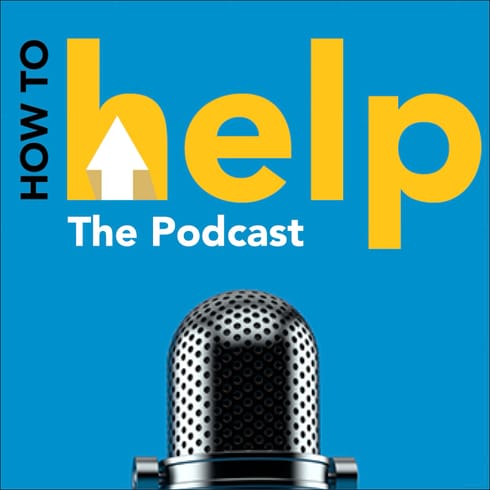Today is graduation day at BYU, a joyful perk for people who work and teach at universities and high schools. The magic of once-in-a-lifetime celebrations doesn’t wear off when you take part in them every year.
And it’s also the season of unsolicited advice-giving. Here’s a wise bit of it for all of us—but really for these graduates—by author and theologian Frederick Buechner:
“Be present especially with the young who must choose between many voices. Help them to know how much an old world needs their youth and gladness. Help them to know that there are words of truth and healing that will never be spoken unless they speak them, and deeds of compassion and courage that will never be done unless they do them." (from his book of sermons, Secrets in the Dark)
